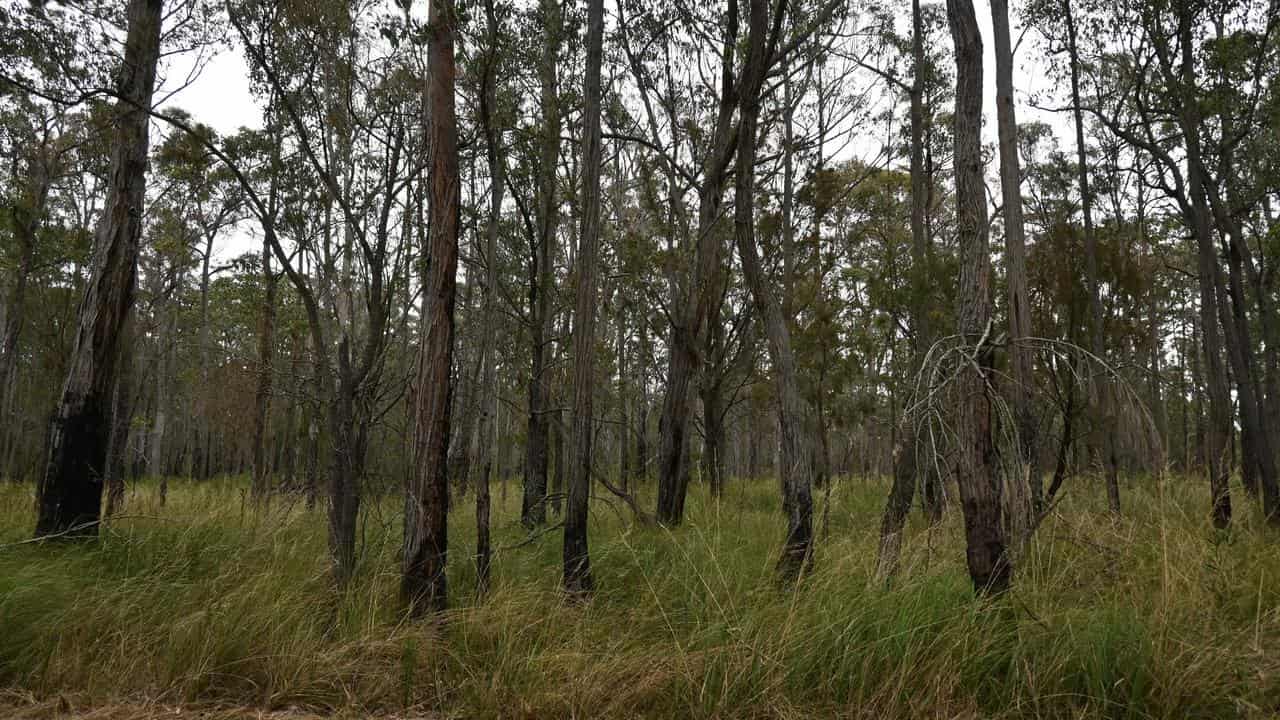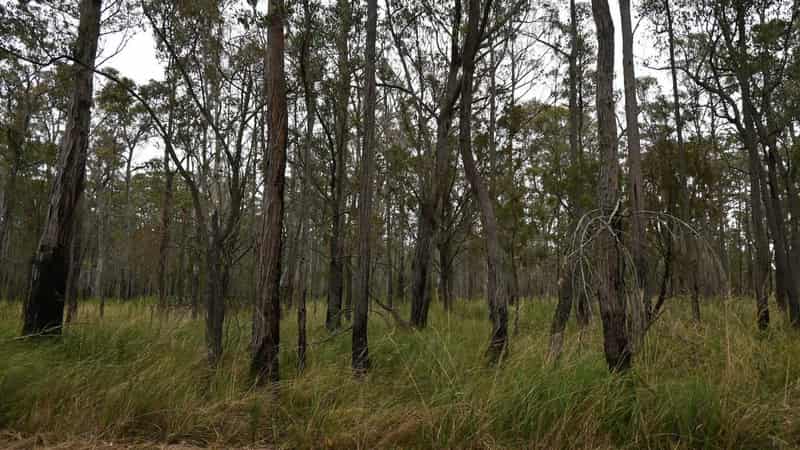
Victoria's state-owned logging business used taxpayer money to illegally spy on environmentalists using a private investigator in an effort to discredit them.
The Victorian Information Commissioner on Thursday released its investigation into allegations VicForests spied on two environmental campaigners and a university ecology professor in 2010 or 2011.
While the private investigator tried to conduct surveillance of all three on behalf of VicForests, he only collected the personal information of one anti-logging campaigner by taking photos and video footage of her going about her daily activities.
The commissioner found VicForests' collection of the woman's personal information through covert surveillance seriously and flagrantly contravened information privacy principles because it was unnecessary and unlawful.
"Whilst the surveillance took place almost a decade ago, the seriousness of the allegations led my office to conduct the investigation upon becoming aware of them," Commissioner Sven Bluemmel wrote.
"No one in the community should be subjected to this incursion on their personal privacy."
The commissioner's investigation was sparked by a 2021 story on ABC's 730 program.
One of the environmentalists subject to the surveillance then contacted the commissioner.
Following the ABC report, VicForests hired auditors to do its own inquiry, but three key witnesses refused to take part, including the former general manager who verbally hired the private investigator.
The pair first met in a cafe and then in late 2009 or early 2010 the manager phoned the investigator asking him to perform surveillance work.
It started as monitoring truck drivers and employee work habits on logging coupes over occupational health and safety concerns.
He was then asked to watch protesters at logging coupes before being told to start "collecting dirt" on the environmentalists and professor.
The Information Commissioner's review relied mostly on verbal evidence from the private investigator and his former girlfriend who also worked with him.
However, there were some documents including those from a 2013 legal case the private investigator lodged against VicForests over injuries sustained while monitoring protesters in 2011.
The investigator was told to bill the spying all under the surveillance of the trucks and was ultimately paid $54,023.
VicForests has rejected the commissioner's findings.
"VicForests engaged diligently, transparently and professionally with OVIC (Office of the Victorian Information Commissioner) throughout this investigation and is disappointed OVIC has drawn conclusions on claims that changed and grew over time and were unsupported by any documentary evidence," it said in a statement on Thursday.
It maintains it does not conduct covert surveillance and that no board member or executive had any knowledge of the investigator being engaged.
The company said it was disappointed the former general manager did not take part in VicForests' or the commissioner's inquiries and accepts that this leaves open the question of his conduct.
"If he did organise the alleged covert surveillance, this was an action undertaken outside of his role or authority and was not official VicForests business," its statement read.
However, VicForests has recently developed a new security and surveillance policy addressing the commissioner's concerns about the governance of surveillance activities.
The commissioner has decided not to issue a compliance notice, but instead made five recommendations to ensure the new policy is properly implemented.
VicForests has accepted the recommendations and the office will monitor their implementation.
Premier Daniel Andrews on Thursday said he had not seen the report but didn't think taxpayers' money should be spent that way.
The Victorian government has brought forward the end of native timber logging from 2030 to January next year.
Logging activity had been hamstrung for months following legal action against VicForests for failing to protect endangered possums.
It posted a loss of $52.4 million in the 2021/22 financial year as it navigated legal challenges, stand-down payments and compensation payouts for failing to supply customers.









